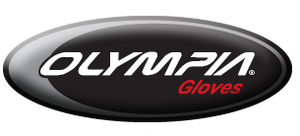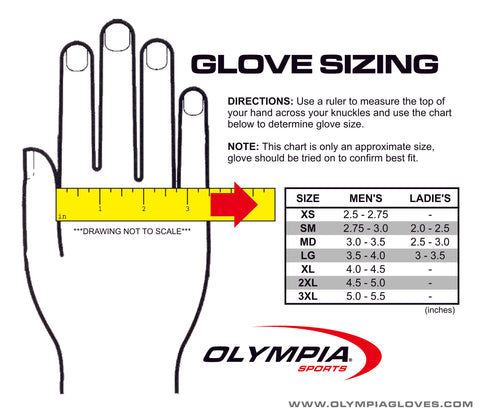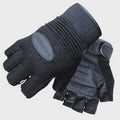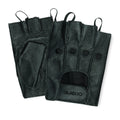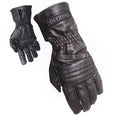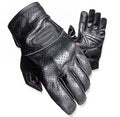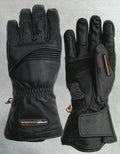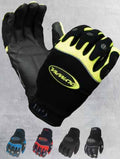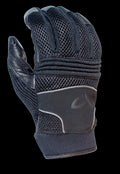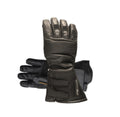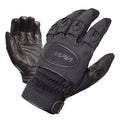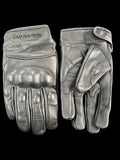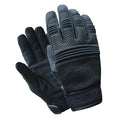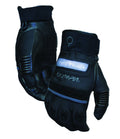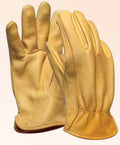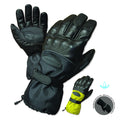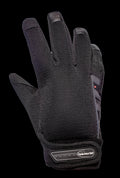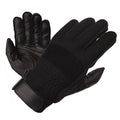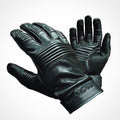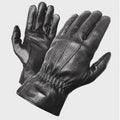"Made In USA": The Outlook For US Glove Companies (Part 1)
Posted by ROGER HEUMANN
The time is ripe for forward thinking companies in our industry — apparel brands, manufacturers, and retailers — to take a fresh look at domestic manufacturing.
But for goods that are currently made in China and elsewhere, “reshoring” isn’t a slam dunk.
On the one hand, the American consumer wants more “Made in USA” options. In fact, “made in USA” is a desireable label for many Asian consumers as well.
On the other hand, consumers remain price sensitive.
How can this reshoring come about? And what does it mean for a US glove company like ours, that makes labor intensive sports gloves?
In this 2-Part series, we take a closer look.more
The Road To “Made in USA” Gloves
In a recent survey of fashion executives, respondents overwhelmingly said they support sourcing closer to home. 82% of retailers said they intend to increase sourcing from the U.S.A.
From U.S. based 3-D printing to injection molded parts to cars, U. S. manufacturing is certainly a cost-effective option in many categories. But almost all agree that China is, and will remain the primary sourcing hub for most apparel products.
Supporting the idea in theory is one thing … but reshoring is easier said, than done.
Reshoring Challenges For Glove Companies
Can an American factory go head to head with a China factory, in an apparel category like sports gloves?
Writing this is bittersweet for a glove manufacturer whose roots are in the USA. After all, our company was founded here in the 1940’s — and until the late 1980’s we were making gloves in Gloversville, NY.
Despite the challenges, forward-thinking glove companies have to be weighing their reshoring options. We certainly are.
There can be many advantages: Shorter lead times/faster deliveries, greater sustainability, fewer offshore soucing risks … and the social benefit of more US based jobs.
What Does the Future Hold?
The reality is, labor costs are increasing all over — including China.
While it’s too soon to talk about, we too are piloting some domestic manufacturing glove projects that will carry the “Made in USA” label.
Sometimes it’s not just about buying product at the lowest cost. When diversifying your manufacturing baase, it’s a fine balance … but for companies that find the right balance, there can be a nice upside.
Bottom line? There’s still a lot of work to do.
What’s your experience with domestic sourcing? Leave us a comment, let us know what you think!
In Part 2 of this series, we explore the regulatory hurdles and recap the current availability of domestically made gloves.
Part 2: Imported vs. Made in USA Gloves: A Range of Options
Looking for a Glove Company?
Do you have questions about glove sourcing, design or manufacturing? Need help with a private branding program project?
Download our new guide, “8 Signs You’re Ready To Outsource Your Glove Manufacturing” … and if help is needed, get in touch for a consultation.
TAGS:
